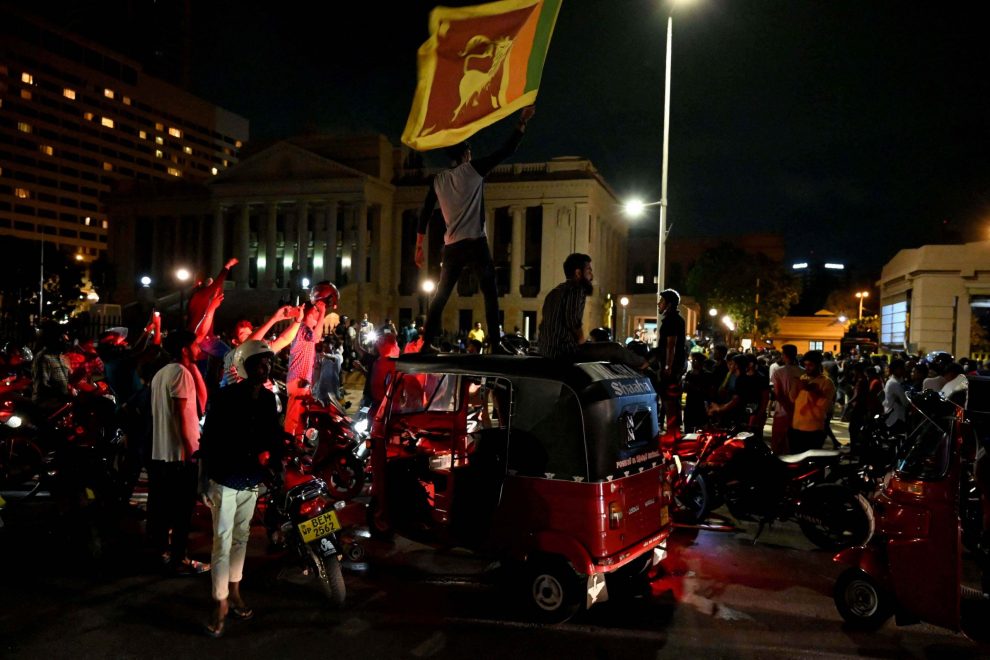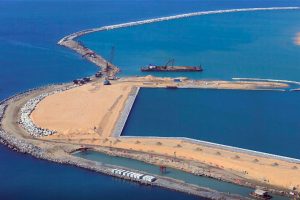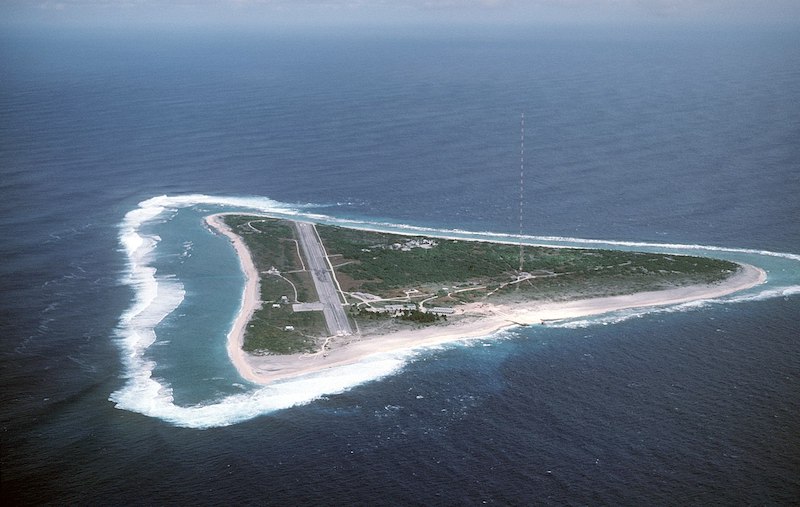Sri Lanka is urgently seeking $6 billion so it can repay $5 billion in loans for fuel imports and another $1 billion to bolster its foreign exchange reserves.
Prime Minister Ranil Wickremesinghe, who took office last month after mass protests forced the resignation of his predecessor, has raised taxes to shore up government revenues and plans to cut expenditure.
The island nation is grappling with its worst financial crisis in over seven decades with a severe foreign exchange shortage that has left it struggling to pay for essential imports including food, fuel, fertilisers and medicines.
Sri Lanka’s foreign exchange reserves stood at $1.81 billion in April.
The government is also negotiating a bailout package with the International Monetary Fund, which could potentially enable it to borrow at least $3 billion via the lender’s extended fund facility.
ALSO SEE: Pakistan Cuts Fuel Subsidies for Second Time in a Week
IMF’s Bailout Package
Wickremesinghe’s office said in a statement that IMF negotiations would conclude by the end of the month.
He said that any bridging finance would depend on Sri Lanka reaching an agreement with the IMF, the statement added.
So far, Sri Lanka has received two credit lines worth $1.5 billion from India for fuel and essential imports. The neighbours are also in talks for another $500 million credit line to fund fuel imports.
Sri Lanka is also asking other countries for help, including Japan, which has long-standing commercial ties with the island nation.
However, relations with Tokyo have cooled since 2020, when Colombo cancelled a $1.5 billion light railway project that was to be largely funded by Japan.
“[Wickremesinghe] added that relations with Japan had broken down, and it would take a while to repair those relations and regain their confidence,” the statement from the prime minister’s office said.
- Reuters, with additional editing by George Russell
READ MORE:
Russian Oil Sold to Fuel-Starved Sri Lanka – Nikkei Asia
Sri Lanka Counts on China Loan Amid IMF Talks – FT
Sri Lanka Holds Rates Steady as $130m Funding Pays for Fuel























